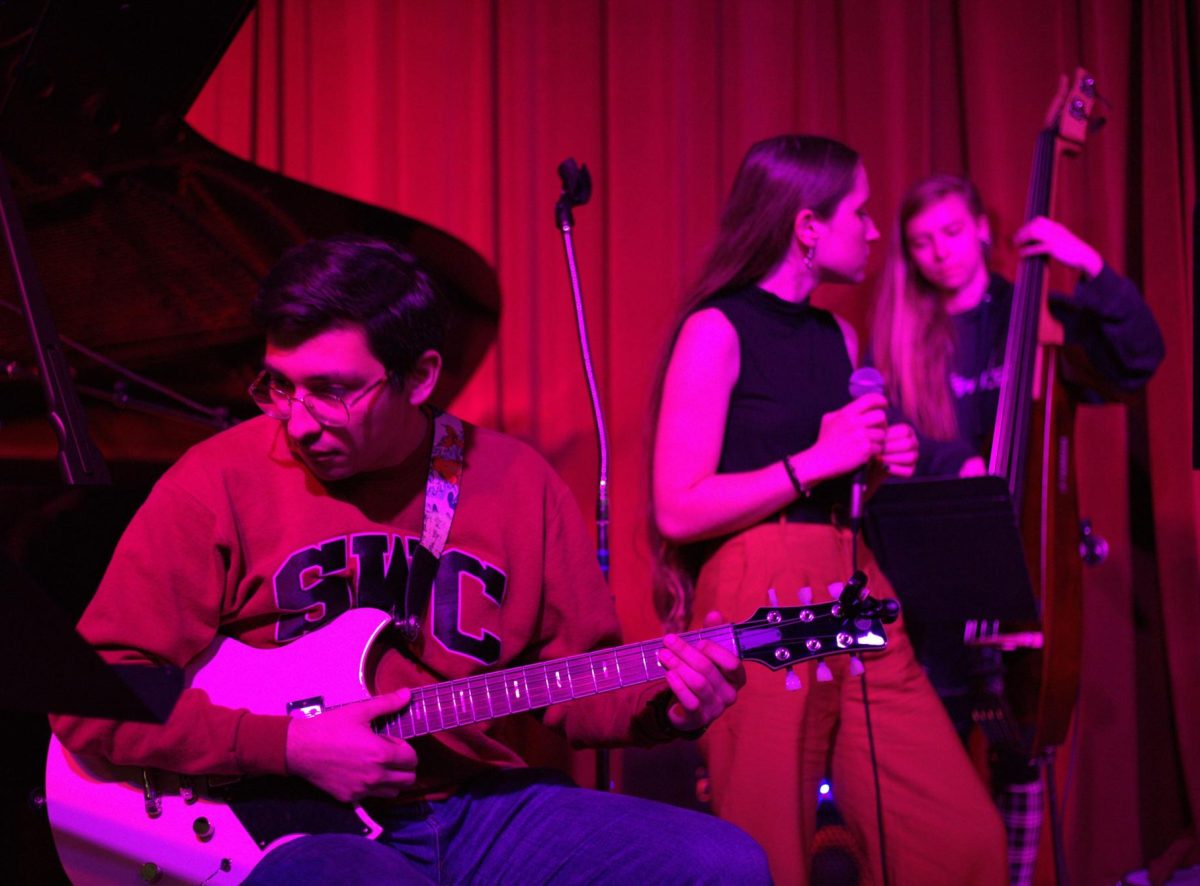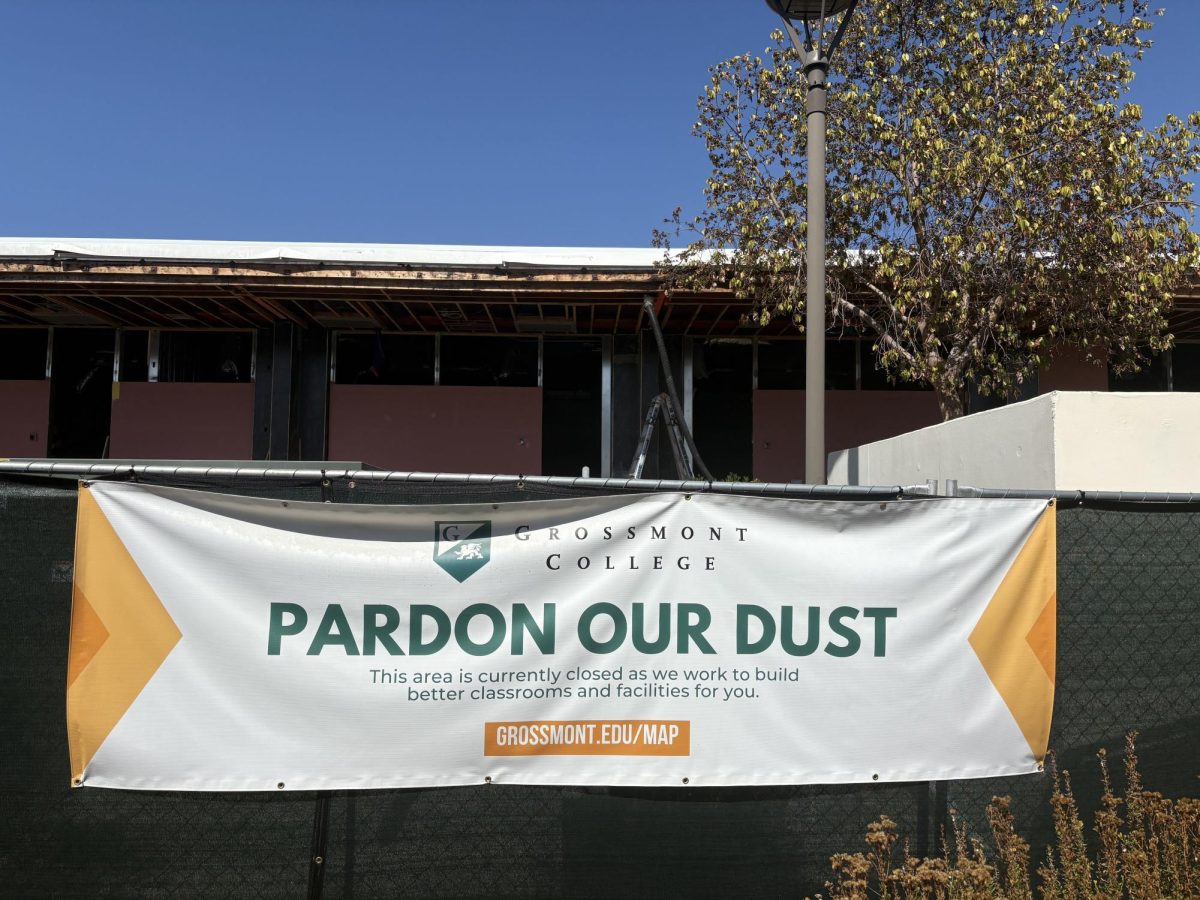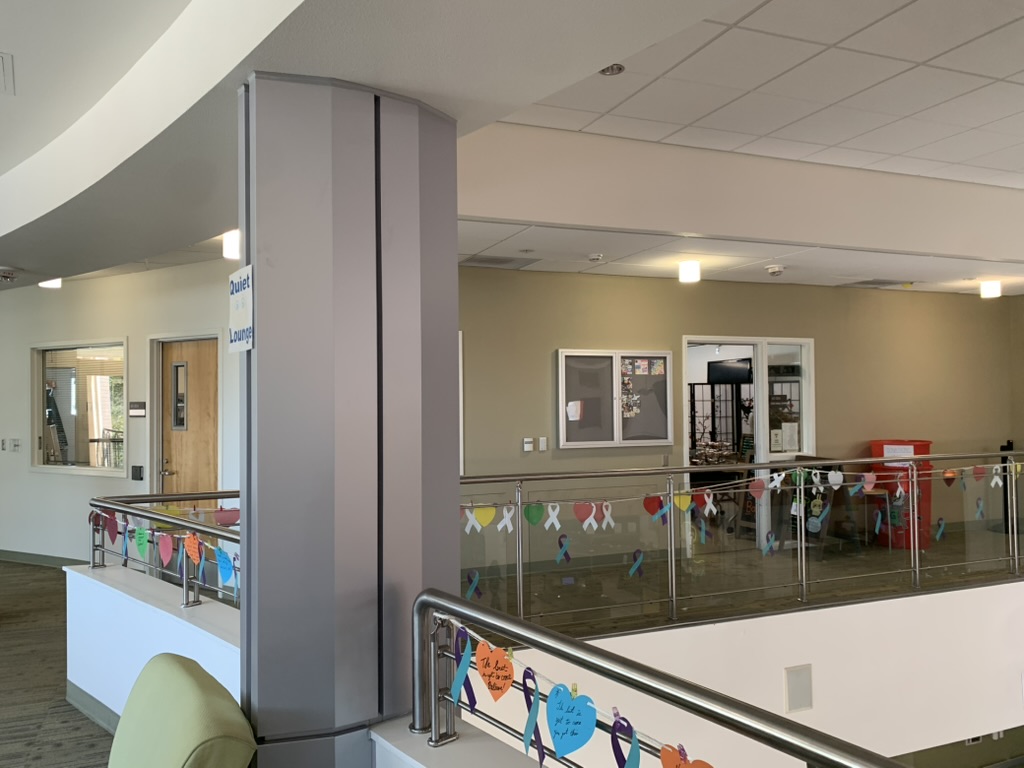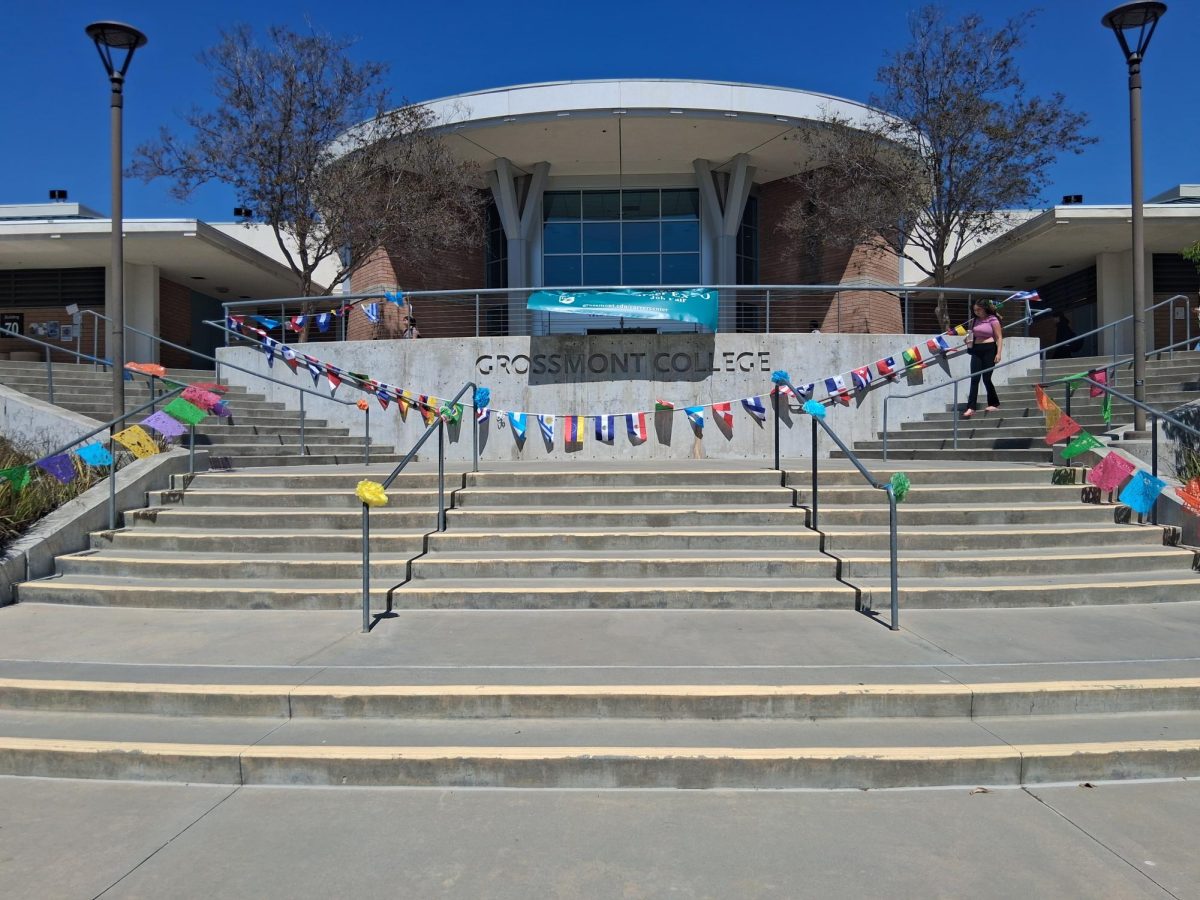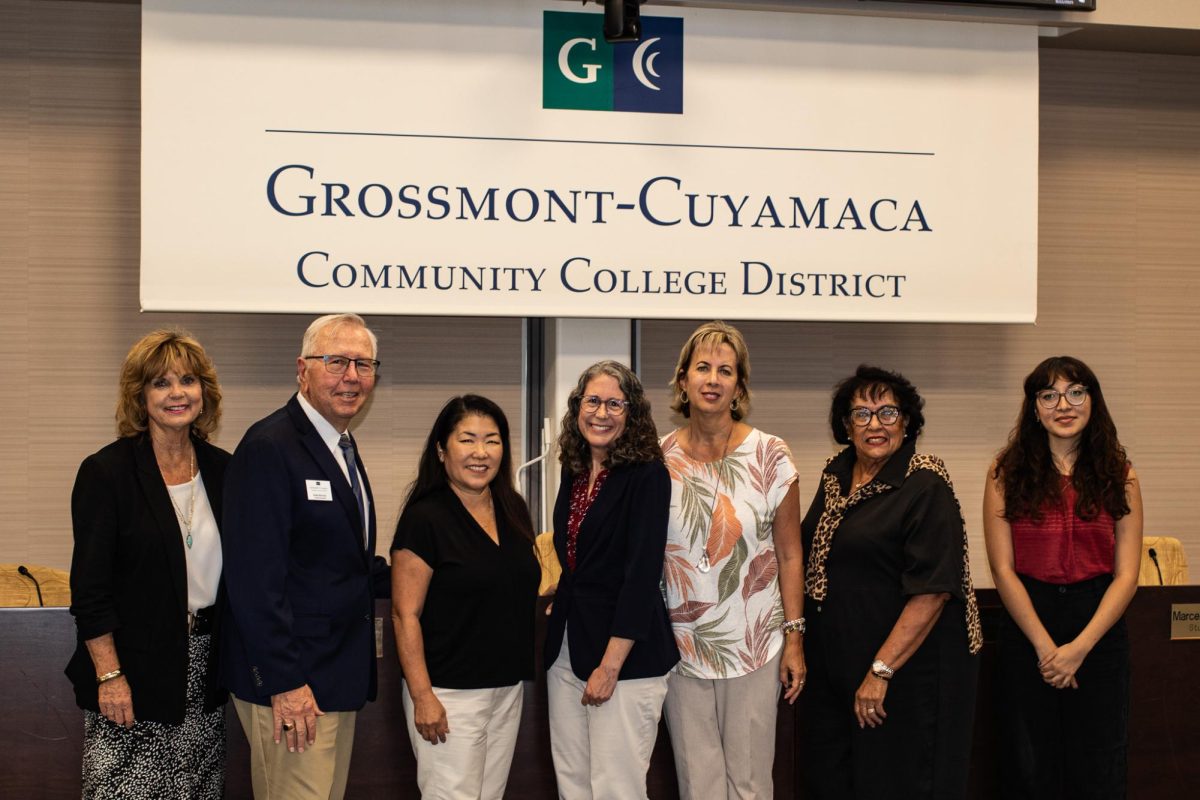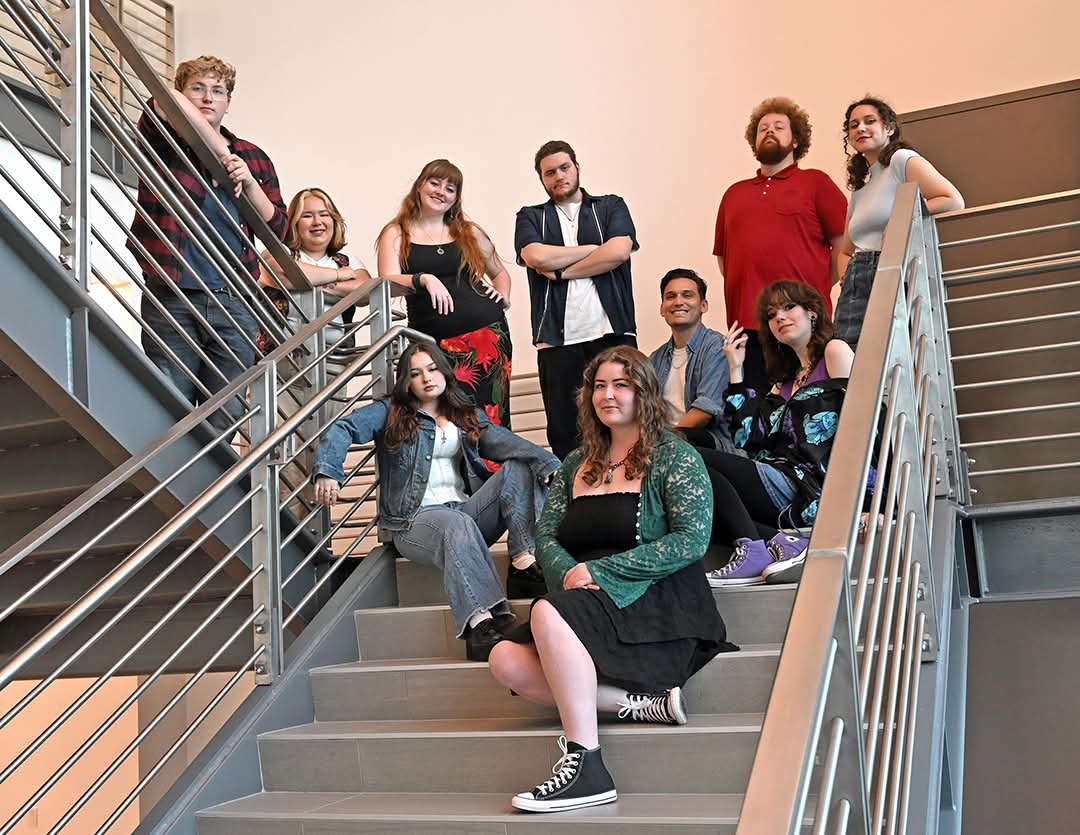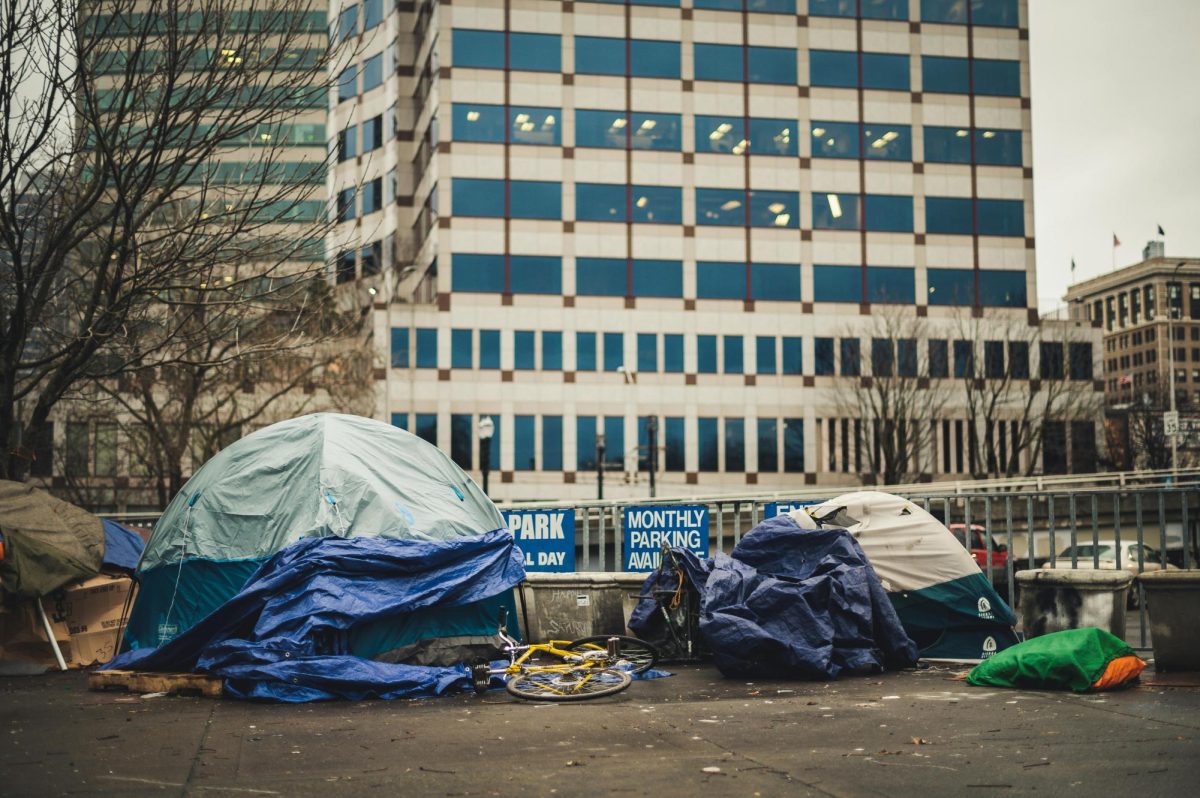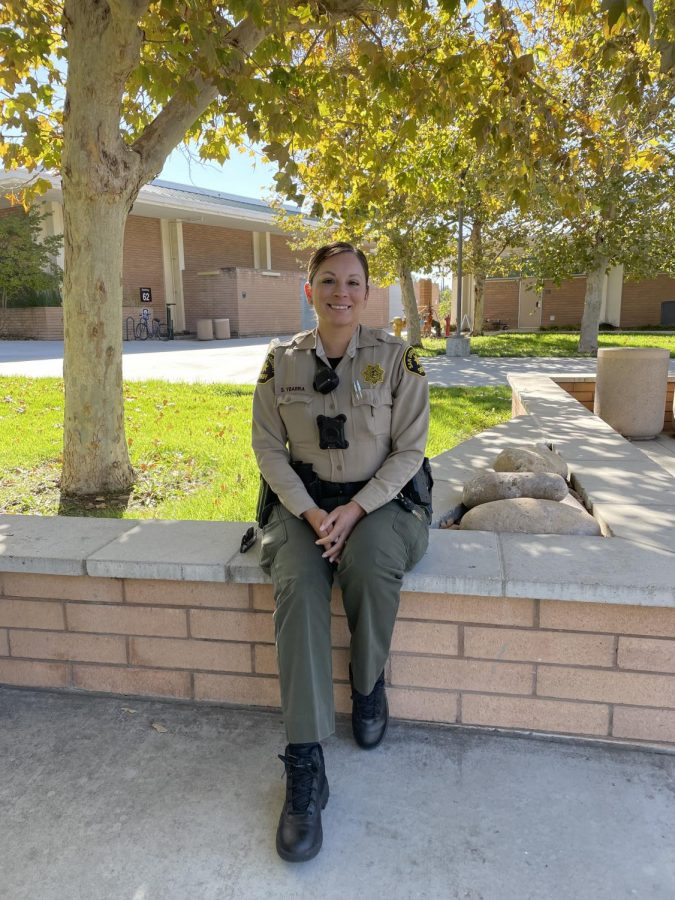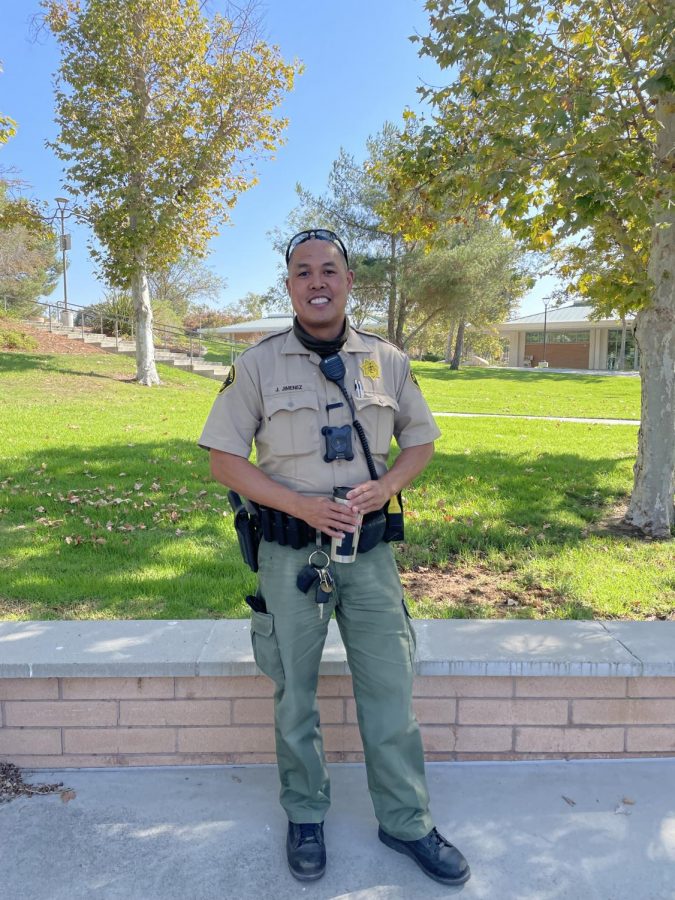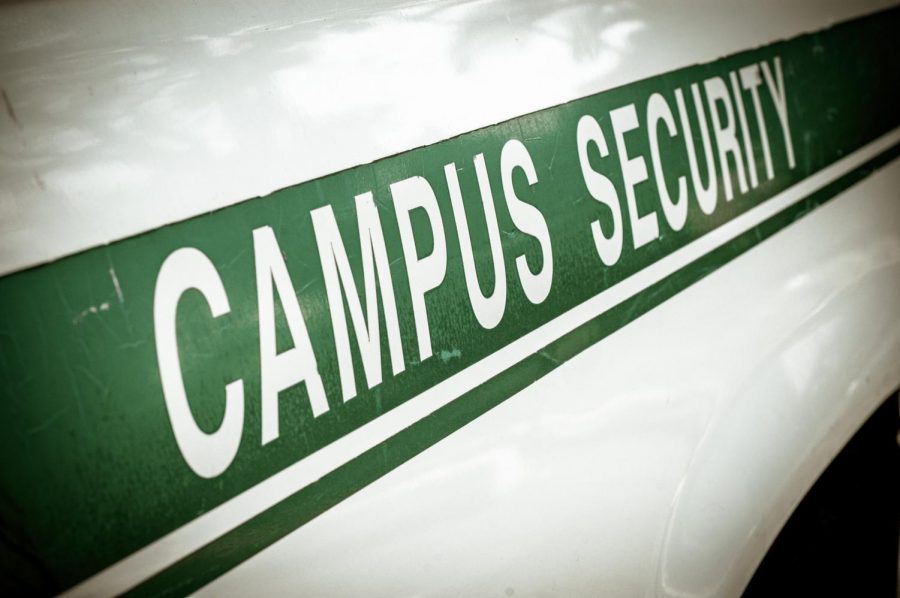Grossmont College, an open campus, accommodates buses by allowing them to drop off students while also permitting cars to enter and exit as needed. Additionally, community members who are not affiliated with the school are welcome to walk around the campus. However, there are no cameras installed on the campus.
On May 5, students were emailed about the suspension of an individual who was neither a student nor a member of the school, as they had been approaching people in the campus parking lot areas.
According to Campus and Parking Services (CAPS), the person was known to approach students and initiate conversations by claiming that the student’s car had leaking fluids underneath it, offering assistance, or asking the student to inspect the vehicle. There have been no new reports of the person.
The crime log is publicly available on the Grossmont website. Several incidents have occurred regarding petty crimes, trespassing and other infractions. This raises the question of whether Grossmont is safe for students. Many students on college campuses have been victims or bystanders to incidents.
Russell Palmer, a first-year student at Grossmont College, said that while Grossmont is generally safer than other campuses, he has observed some unusual incidents near the college’s student drop-off area, such as witnessing grown men asking young women to give them a ride home while he waited for his ride.
Palmer said he frequently saw minors at the drop-off area. He added that Grossmont should not make minors who attend this school feel unsafe. “To feel unsafe and skeptical of any possible individual pulling up on that loop should not be tolerated,” he said.
Jocelyn Ibarra, a Grossmont student of nearly three years, said she doesn’t feel as unsafe on campus as she did when she first arrived.
Ibarra said when she was a junior, she would arrive on campus early at 10 a.m. to take a summer class near the auditorium. She said there was a man, not a student or a faculty member, who would speak to her and ask her questions. She added, “I didn’t feel comfortable, and he would always ask, ‘Where are my classes?’”
Although the man never harmed her, his actions made her uncomfortable.
As of this year, there have been more security and CAPS walking around the Grossmont and Cuyamaca campuses. However, there have been no security cameras. Many students wonder why.
Dr. Perla Lopez, a counselor for EOPS, recently served as the president of the Academic Senate. During her tenure, she and other members had already begun discussing the use of cameras in different areas in 2021.
According to Lopez, cameras were already in use, but only in the vicinity of the cashier’s office and in other indoor areas. The sheriff’s department owned the cameras, not the district.
However, the use of the cameras was paused as campus leaders decided to take more time to discuss their use, as not everyone supported the surveillance of students.
Lopez said it is important to think about how some students may have had negative experiences with law enforcement and how the cameras may cause trauma. “We also still have to keep in mind how it could affect our students,” she said.
Another issue with cameras also arose: The challenges surrounding facial recognition technology. This teach enables the AI-powered camera to utilize a captured face from surveillance and access a pre-existing database to identify a match. This could lead to false claims for many, which school officials and faculty feared; there were both supporters and opponents. This also led to a re-discussion of the plan.
Grossmont is expected to decide on the installation of surveillance cameras, although a clear timeline has not been established. Lopez said the chancellor has been in conversation with San Diego Community College District to discuss a partnership with their campus police.
Additionally, many faculty have attended workshops where former law enforcement officers share their expertise on de-escalating situations. In spring 2025, the district arranged a seminar on active shooting training for faculty and staff prior to the start of classes.
Lopez said students should be offered the same type of training so they know how to respond to emergency situations.
While events occur without cameras, the crime rate in Grossmont remains lower than on other college campuses. However, there is always a possibility that this could change.
A safety precaution is always to pay attention to your surroundings. You can use an app like Life360, a free app that allows people to locate friends and family, which can request emergency help, such as contacting the police, if someone is ever in danger. It also helps to be in a group or around people in open surroundings.
The Public Safety Department’s crime logs indicate that public information is available on the Grossmont website, as mandated by the Jeanne Clery Act. Students can review the digital crime logs for updates. For a life-threatening situation, call 911. For non-emergencies, call 619-644-7800. For parking, lost and found or a safety escort, call CAPS at 619-644-7654.



